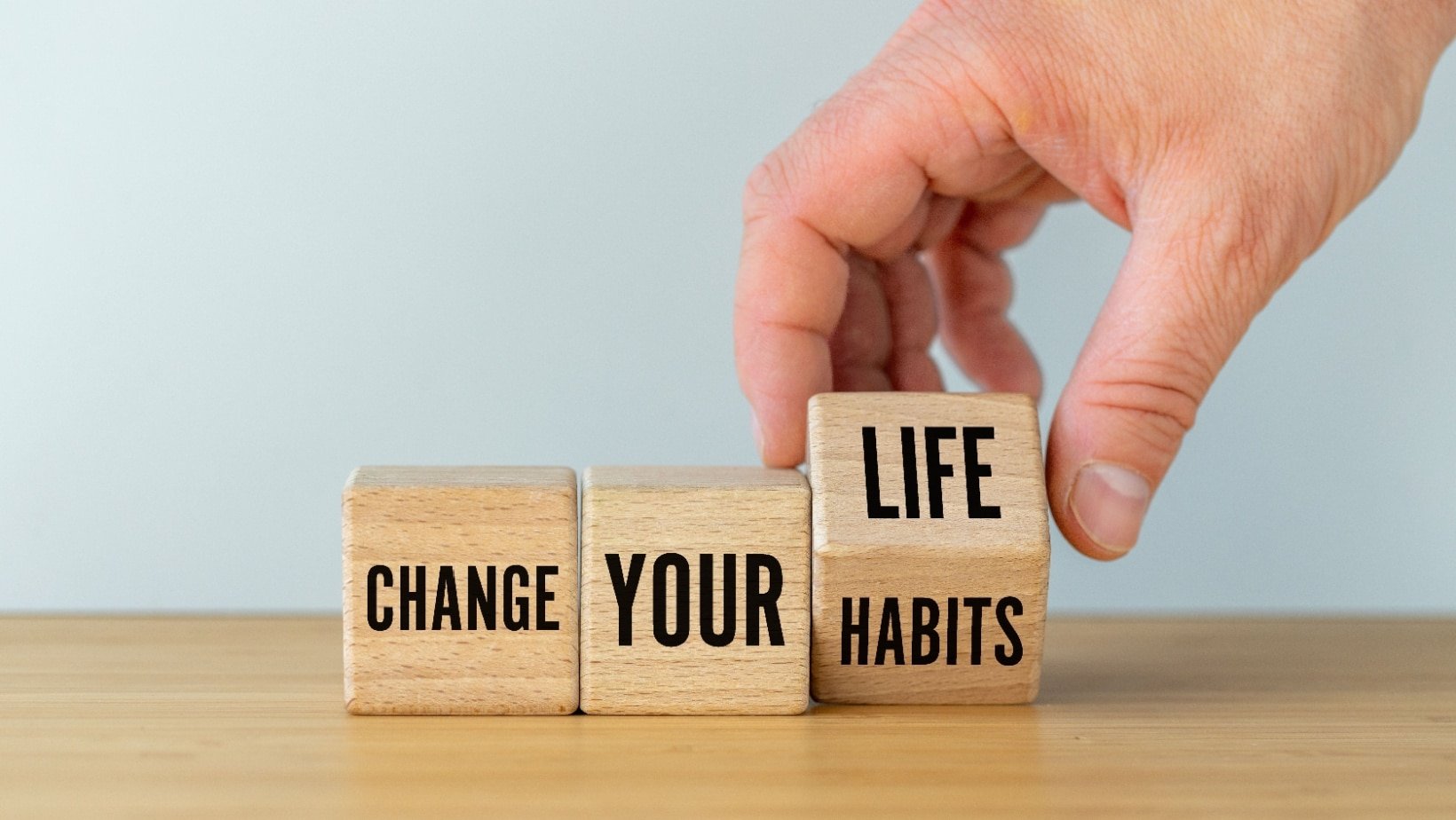You pass them on the street, sit next to them at work, or maybe even call them your friend. They laugh at your jokes, show up on time, and ask how you’re doing. But inside, they’re holding onto wounds you’ll never notice unless you’re looking closely. Pain doesn’t always come with bandages or a limp. Sometimes it lives behind steady eyes and polite smiles.
Invisible scars are real. But most keep it quiet. Not out of shame, but because they’ve gotten really good at pretending they’re fine. Here are 15 signs someone might be carrying hurt that’s buried deep.
They Struggle to Accept Compliments

If someone brushes off your praise or looks uncomfortable when you say something nice, it’s not humility. It could be disbelief. People with emotional scars often think they’re not good enough, so compliments feel confusing or undeserved.
They Joke About Their Pain a Lot

Humor is a powerful shield. When someone turns every personal story into a punchline, listen closer. It might be their way of saying, “This hurt me,” without making things awkward. Comedians like Robin Williams used laughter to mask deeper battles.
They Apologize Constantly

Saying “I’m sorry” too much can be a sign of past trauma. It might mean they were blamed unfairly in the past or made to feel like a burden. Now, they preempt every situation by apologizing before they’ve even done anything wrong.
They Tend to Avoid Eye Contact

Avoiding eye contact isn’t always just a sign of shyness; sometimes, it’s driven by a deeper fear of being truly seen or understood. Maintaining eye contact can feel like revealing a vulnerable part of oneself that they’d much prefer to keep private.
They Seem Emotionally Numb in Serious Situations

Some people cry during sad movies. Others feel… nothing. Emotional numbness is a coping mechanism. It’s common in people who’ve been through something heavy and didn’t have the tools or space to deal with it.
They Have a Hard Time Sleeping

Trauma messes with rest. According to the Sleep Foundation, over 90% of people with PTSD report trouble sleeping. Even without a clinical diagnosis, people carrying deep emotional weight often deal with nightmares or restless nights.
They’re Always “Fine”

Ask them how they are, and they’ll tell you “I’m good” before you even finish the question. It’s automatic. That quick answer protects them from having to explain what’s actually going on.
They Keep Their Circle Very Small

People who’ve been hurt don’t let others in easily. Trust takes a hit when you’ve been let down or betrayed. They’ll choose two or three people to confide in and keep everyone else at arm’s length.
They Seem Overly Independent

Being hyper-independent might look impressive, but it can also be a defense mechanism. They’ve learned to rely on themselves because leaning on others hasn’t worked out. It’s not pride. It’s survival.
They Flinch at Sudden Sounds or Touch

This may seem subtle, but it says a great deal. Trauma survivors can be easily startled. The body retains memories long after the brain attempts to forget. That jolt when a door slams or a hand brushes theirs? It’s instinct, not drama.
They Downplay Their Own Experiences

You’ll hear phrases like, “It wasn’t that bad” or “Other people have it worse.” That’s not perspective. That’s pain disguised as humility. They’re used to invalidating their feelings because someone else once did.
They Avoid Conflict Like the Plague

Even minor disagreements can feel threatening. A study by the American Psychological Association found that adults with childhood trauma often avoid confrontations to keep the peace, even if it means silencing themselves.
They’re Always “Busy”

Some people can’t sit still. They fill every minute with their jobs, errands, or distractions, such as social media. Why? Stillness brings silence, and silence brings thoughts they’d rather avoid.
They’re Extremely Empathetic

If someone seems to feel everything a little too deeply, it’s probably because they’ve been through something themselves. Hurt people know what pain looks like. That’s why they’ll check in on people they have relationships with, remember small details, or cry over someone else’s struggle.
They Smile Too Much

That huge, constant smile might be more about hiding than happiness. As Pew Research reported, about 15% of Americans struggling with mental health conditions say they don’t have conversations about it for fear of being judged. So instead, they put on a show. One big smile at a time.
Disclaimer – This list is solely the author’s opinion based on research and publicly available information. It is not intended to be professional advice.
How Total Beginners Are Building Wealth Fast in 2025—No Experience Needed

How Total Beginners Are Building Wealth Fast in 2025
I used to think investing was something you did after you were already rich. Like, you needed $10,000 in a suit pocket and a guy named Chad at some fancy firm who knew how to “diversify your portfolio.” Meanwhile, I was just trying to figure out how to stretch $43 to payday.
But a lot has changed. And fast. In 2025, building wealth doesn’t require a finance degree—or even a lot of money. The tools are simpler. The entry points are lower. And believe it or not, total beginners are stacking wins just by starting small and staying consistent.
Click here and let’s break down how.
5 Easy Steps to Change Any Habit

5 Easy Steps to Change Any Habit
We all click on them with the hope that just THIS time the secret to changing a bad habit or adopting a healthy one will be revealed and we’ll finally be able to stick to that diet, stop that one or ten things that might in the moment make us feel temporarily good but really just make us fat, unhealthy, sad, mad or just frustrated with ourselves.




